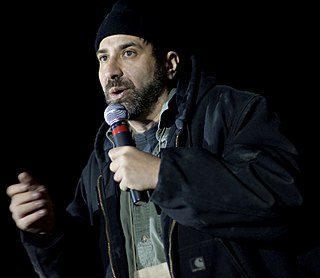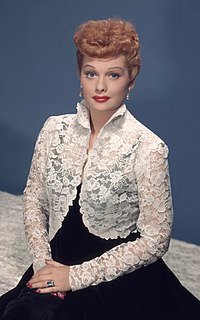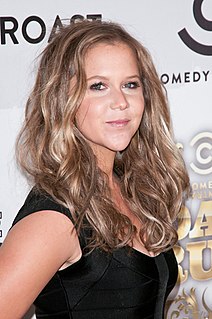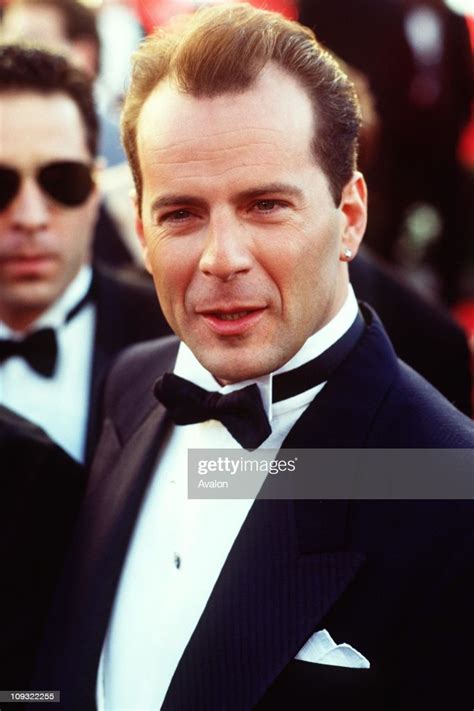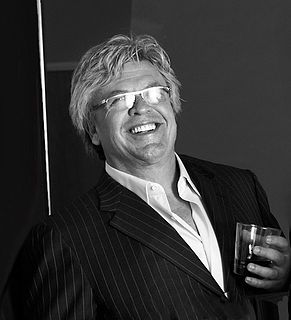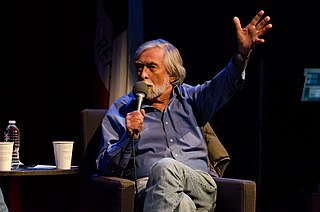A Quote by Bob Saget
A lot of the comedians don't even tell the joke. Like only three tell the joke, the rest of them dissect it.
Related Quotes
I have become a giant fan of the testing process, especially with a comedy. I mean, they tell you what's funny. It's almost tailor-made for people who shoot the way we shoot, trying a million different options and versions of things. Because the audience doesn't laugh at a joke, we put in another joke. If they don't laugh at the next joke, we put in another joke. You just keep doing them and you can get the movie to the point where every joke is funny, if you have enough options in the can.
Some street jokes are just timeless. There's an old street joke about comedians. The joke is that a beautiful girl comes up to a comedian at the end of the night and says, "I saw your show tonight, and I just loved it. I want to go home with you, and I'll do anything you want." And the comedian says, "Were you at the 7 or the 9?" That's just a perfect joke, because it points out how egomaniacal and obsessive comedians are. Even though I'm not waiting for a groupie, I can completely understand it. It just defines how comedians are driven.
Now, I want to explain something to you guys. I don't have an ending joke, because I don't tell jokes. I tell real-life stories and make them funny. So, I'm not like the average comedian. They have an ending joke; they always holler Peace! I'm out of here, and walk off stage. So, basically, when I get through performing on stage, I just walk off.


